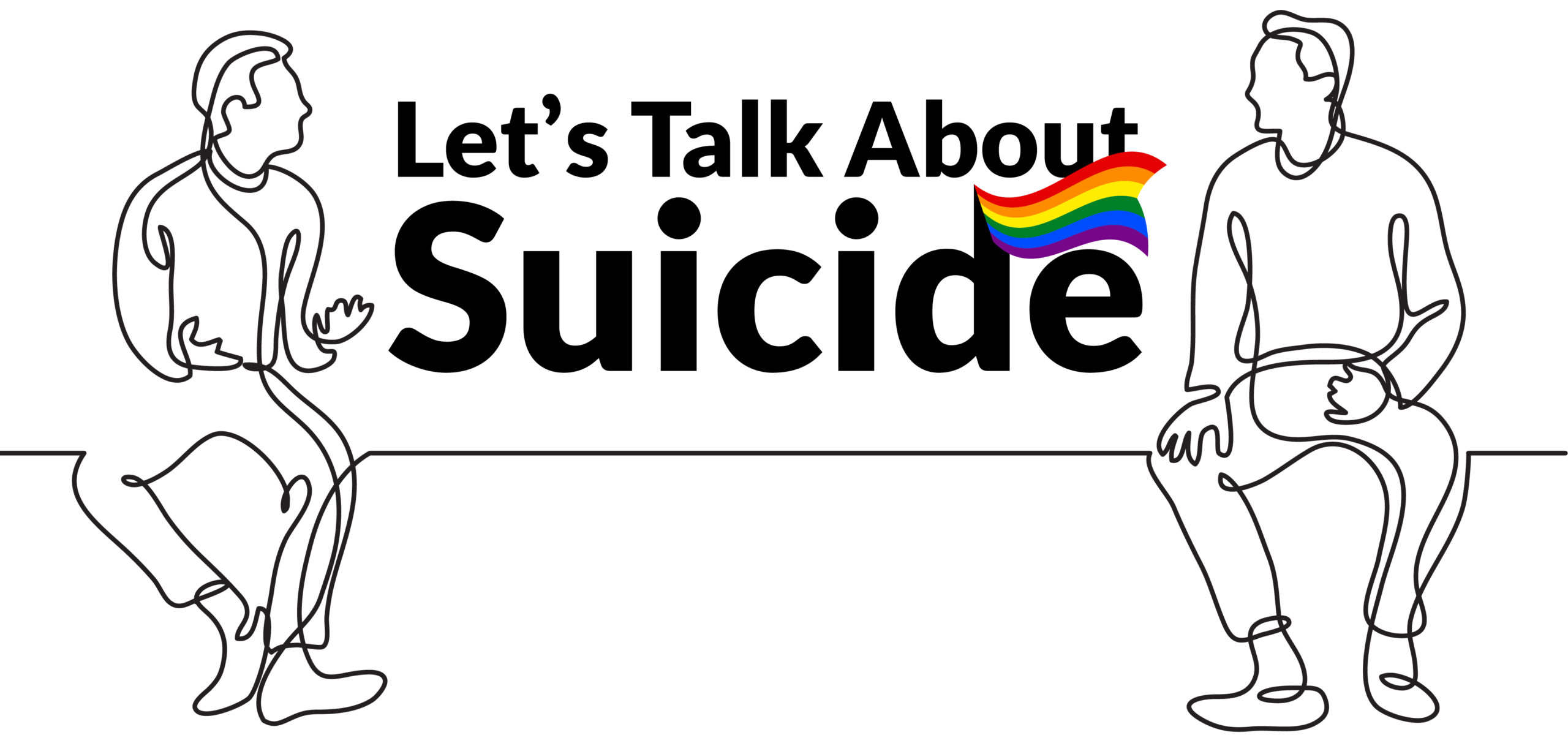Many people are affected by suicide and you may have experienced the suicide of a loved one – a partner, a sibling, a parent, or a friend. It can be incredibly hard to make sense of what has happened, how you can cope with it, and how to recover from it.
This podcast aims to help people like you through this difficult time. We want to provide support, conversation, and comfort to people affected by suicide. This is for anyone affected by a suicide death. But, as rates of suicide in the LGBTIQA+ communites are significantly higher than the general population we’ll be taking the time to talk about how this experience can be different and more complex for people in these communities or their loved ones.
In this first episode we discuss why we need to talk openly about suicide and suggest some safe language we can all use when talking about it. Knowing how to talk about it in a safe way that might help others while minimising the risks to people around us is the key. Talking about it helps to reduce the stigma around suicide, and it might even mean people are more willing to reach out and get help.
This episode discusses the Mindframe guidelines when talking about suicide: https://mindframe.org.au/suicide/communicating-about-suicide
Listening to this podcast may raise issues for you and if this is the case, we would encourage you to contact one of the following services in Australia:
- Qlife: 1800 184 527
- Suicide Call Back Service: 1300 659 467
- Lifeline: 13 11 14




